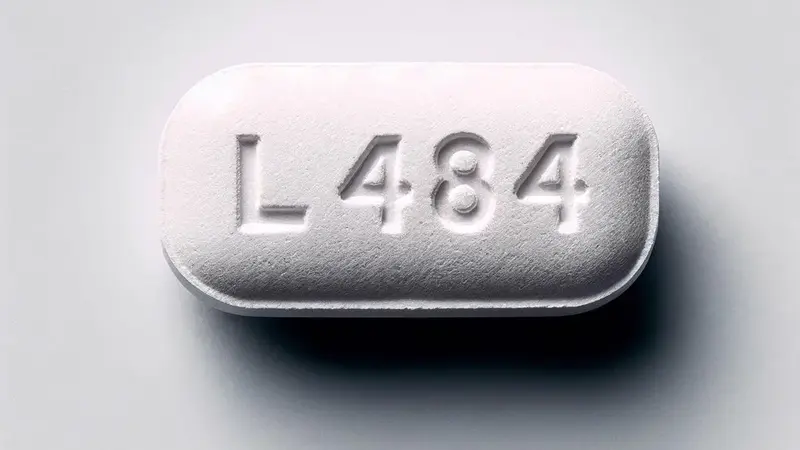Acetaminophen is an over-the-counter pain medication that reduces fever and pain intensity. When used correctly and responsibly, this medication can help relieve temporary pain symptoms. Unfortunately, it is not a universal approach to pain relief, as some individuals are more susceptible to adverse complications of taking L484.
Individuals with a history of substance abuse and addiction should avoid taking acetaminophen for pain relief. Although it is considered a safe medication, there are aspects of the drug that are not conducive to individuals with addictive tendencies. Taking acetaminophen not as directed is a possibility for those with these histories, and when the drug is not taken as directed, serious side effects can result.
Taking too much acetaminophen can result in liver damage and a reliance on the drug to relieve emotional and psychological distress. Self-medicating with acetaminophen is an addictive habit that can also lead to medication overuse. For these reasons, there are many legal and ethical considerations on the misuse of the L484 pill. For more on these implications, continue reading.
Legal Implications Of L484 Pill Accessibility
The L484 pill is a legal, over-the-counter medication for pain management. Taking a drug for the duration that pain symptoms last is a sound setup for those without addictive issues. The legality of this pill is in question because it does not take into account those who suffer from addiction and substance use challenges.
Serious health risks and worsening addiction can result from the misuse of acetaminophen. Over-medicating will reduce how well the drug works, therefore prompting the users to take more of the drug to achieve the same effect. The exclusivity of those who need protection from this pill’s accessibility is an ethical concern. Easy access to acetaminophen does not protect a significant percentage of the public, that being underserved people with addiction and substance use disorder. It also begs the question of who is legally responsible for the adverse health effects that occur if these drugs are misused.
Ethical Implications Of Acetaminophen Accessibility
Addiction implies a lack of control over substance use. In recovery, addiction sufferers learn that they must abstain from substances that can trigger addiction. This practice is a lot easier to do when a potentially addictive substance (in this case, the L484 pill) is left out of the individual’s environment.
For instance, a person with alcohol addiction can avoid bars; it is much harder to avoid running into acetaminophen. It is unfair to place a person with addiction in triggering environments they cannot easily avoid. From grocery stores to gas stations, many places sell acetaminophen. These situations make L484 pill accessibility very easy, thus contributing to the problem.
A Call For Reform
There is a lack of support for those struggling with addiction in the context of L484 pill accessibility. From various legal and ethical standpoints, the convenience of obtaining this medication is problematic. A call for reform is needed to protect the health and recovery of those battling addiction and substance use disorder.
